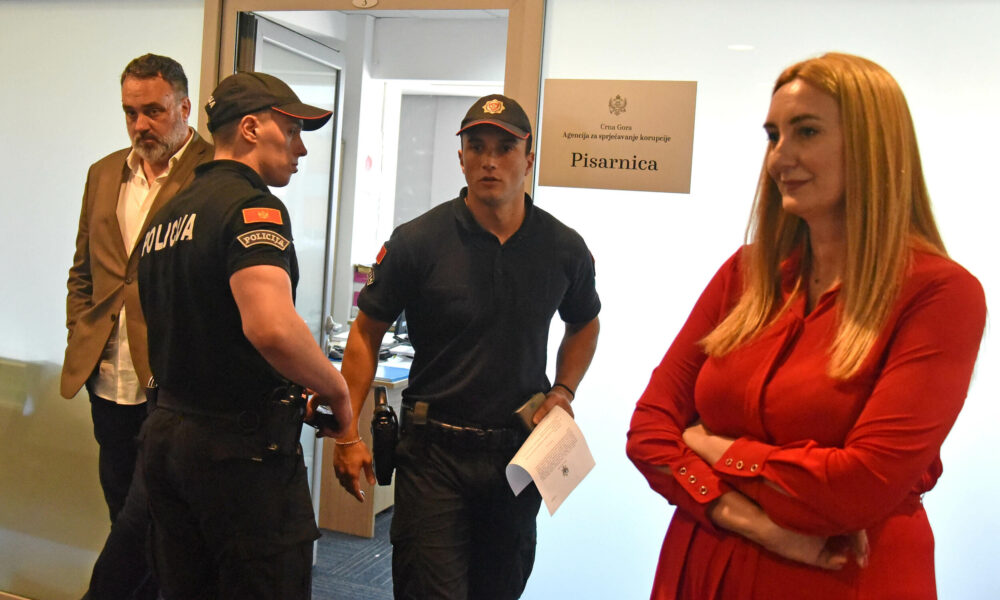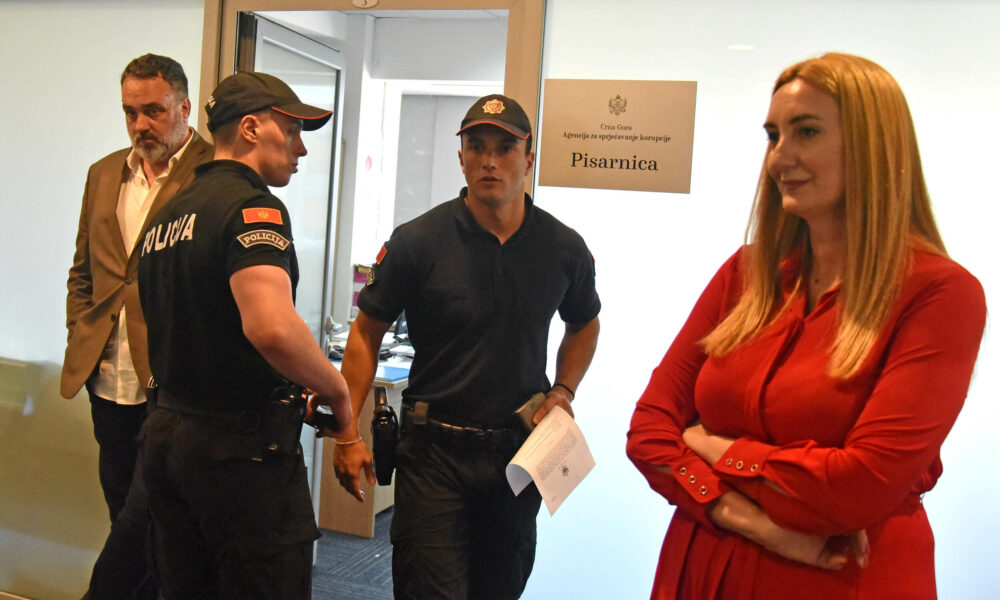The main topic of the article is Jelena Perović’s attempt to be reinstated as the director of the Anti-Corruption Agency (ASK) in Montenegro following an administrative court decision which, according to her interpretation, annulled her dismissal. Perović was dismissed last year, a move characterized as politically motivated. Members of the ASK Council and legal experts emphasize that the court ruling does not automatically reinstate her but mandates certain procedural actions. This attempt comes at a time when ASK is expected to make key decisions concerning high-profile officials, including Milo Đukanović. The article also highlights criticism from the opposition and NGOs pointing to a lack of implementation of anti-corruption reforms and political influence over ASK’s work. Additionally, the article sheds light on the broader political context in Montenegro, including issues in the judiciary, misuse of official vehicles by the government, and political staffing changes in local authorities. All these factors illustrate the complexity of the fight against corruption and political instability in the country.
Political Perspectives:
Left: Left-leaning sources emphasize the political motivations behind the dismissal of Jelena Perović and criticize the lack of genuine anti-corruption reforms under the current government. They highlight the attempts to destabilize and delegitimize the Anti-Corruption Agency as part of a broader political struggle and call for stronger institutional independence and transparency.
Center: Centrist perspectives focus on the legal and procedural aspects of the case, clarifying that the court ruling does not automatically reinstate Perović but requires the agency to follow due process. They stress the importance of maintaining the agency’s independence and ensuring that anti-corruption efforts are not politicized, while acknowledging the challenges faced by the institution.
Right: Right-leaning narratives tend to question the legitimacy of Perović’s claims and emphasize the need for stability and professionalism within the Anti-Corruption Agency. They often portray the attempts to return Perović as disruptive and potentially harmful to the agency’s work, stressing that the agency should operate free from political interference and that the current leadership has valid reasons for the previous dismissal.








